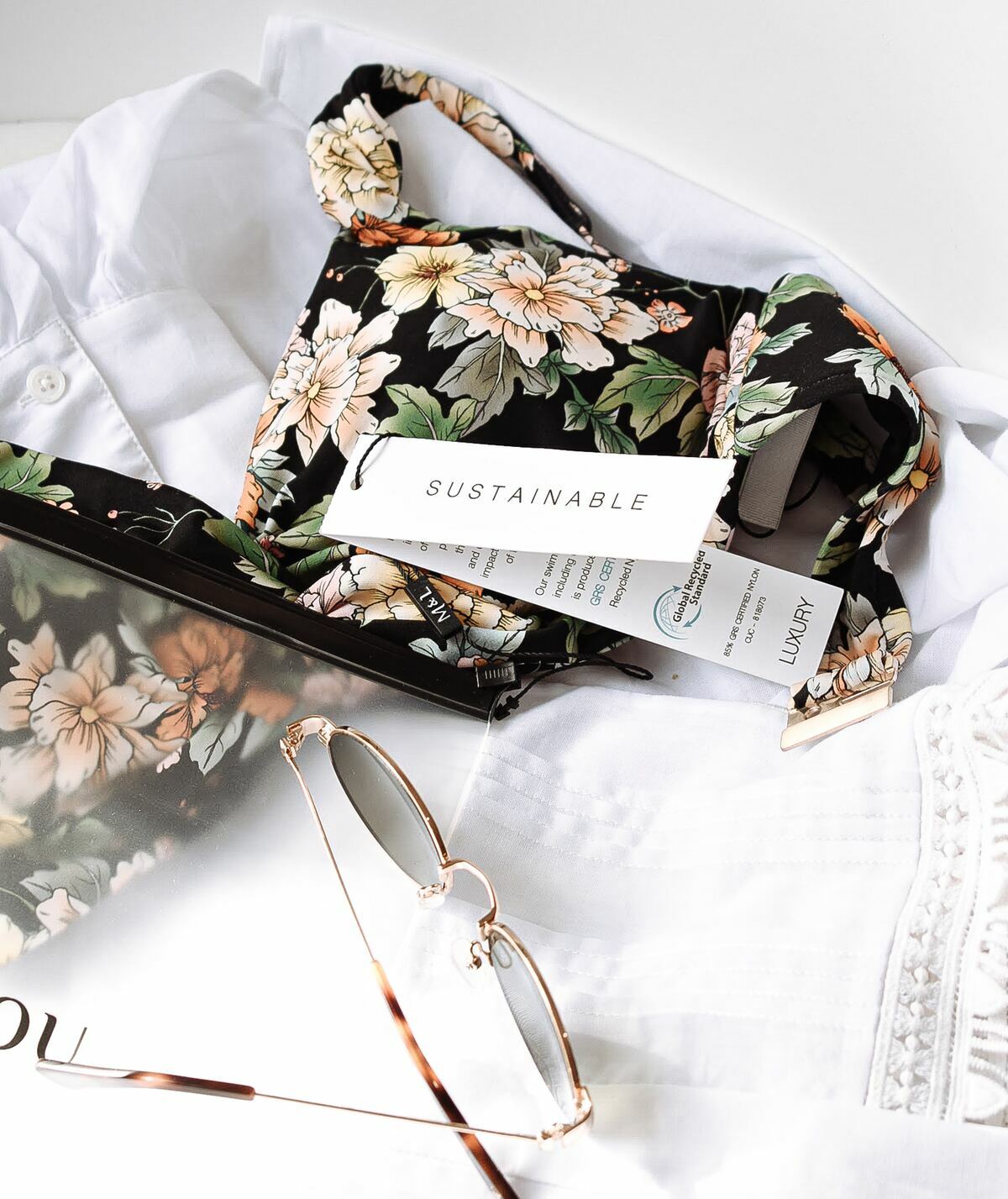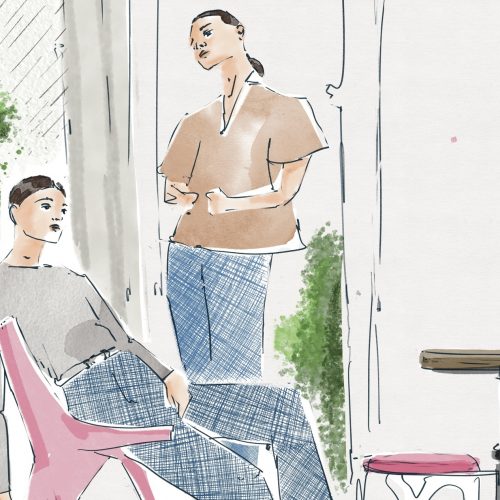The Green Claims Directive | Interview with Urška Trunk
Expected to set new regulations on issues related to greenwashing in the European Union, Green Claims Directive brings some questions with it. We asked Urška Trunk from The Changing Markets Foundation about her expectations and predictions on the upcoming legislation.
On March 2023, the European Commission proposed the Green Claims Directive. As the Union’s next step to the Green Transition in the region, the directive was quite significant in mentioning the ‘greenwashing’ issue specifically for the first time in the European legal system. Though it is still unknown if the proposal will pass, there are some questions on what it will bring if it passes: From its expected effects on companies to consumers, we asked Urška Trunk from The Changing Markets Foundation for her expertise.
In cooperation with various foundations and NGOs, Changing Markets Foundation is a platform that works on sustainable change for our planet. They address and analyze companies and products to integrate the world into a sustainable future. With campaigns on different areas such as circular economy, climate change, pollution, and food; the foundation is dedicated to bringing the planet to a sustainable version as soon and as easily as possible. Urška Trunk from the Changing Markets Foundation has worked for campaigns on fashion and fisheries. Trunk studied European Studies at the University of Ljubljana and had her Master’s Degree in European Politics and Policies at Katholieke Universiteit Leuven. She worked in positions on sustainable development and human rights at institutions like Institute for European Environmental Policy. Here is her expertise on the upcoming Directive on green-claiming brands and a hopefully reinvented consumer culture.

Urška Trunk
L: What do you think about the new directive of Green Claims proposed by the EU?
UT: Legislation to crackdown on greenwashing in the fashion industry has been long due. Up till now, in the absence of regulation and in the Wild West of greenwashing, false claims by clothing companies went almost entirely unchallenged. Our own investigation found that 59% of claims by international fashion companies, including ASOS, H&M, and ZARA, are unsubstantiated and misleading consumers. This went as high as 90% for some brands.
The upcoming EU directive on green claims will hopefully put the era of greenwashing to an end, as companies will need to provide significantly more information to consumers in order to justify green claims, subjected to stringent verification, and will no longer be able to free-ride on future sustainability goals.
The upcoming Directive holds real promise to sweep away greenwashing, but it will be key that the current proposal is not watered down but rather strengthened before the Directive takes its final form.
L: What amount of a change in brands / the industry do you expect from this directive in terms of sustainable transition in fashion?
UT: The fashion companies will need to substantially up their game and back up their claims with evidence in order to get a pass. If they will want to proclaim how green their products or practices are, this will now need to be science-based, include company-specific data and not overlook any environmental impacts. That means that claims about a product being ‘sustainable’ as a whole, when only a small part is environmentally friendly, will be restricted.
Moreover, fashion companies will no longer be able to hide behind weak labels and certification schemes that have for so long provided a smokescreen for bad practices. The Directive aims to introduce minimum criteria for such labels to increase transparency and credibility, making them more robust and science-based. As such we can expect the proliferation of weak labels and certification schemes which have been facilitating greenwashing in several sectors to end, a measure that the Changing Markets Foundation has been calling for a long time.

Jess @ Harper Sunday © via Unsplash
L: What could have been done to achieve more, in your opinion?
UT: The current proposal stops short of blocking the use of green claims when it comes to the use of plastic bottles for recycled fashion. Research by Changing Markets found that 81% of brands surveyed rely entirely on plastic bottles for recycled polyester. Using plastic bottles for recycled fashion is a one-way ticket to landfill or incineration and should be banned as an environmental claim. This was also recognized by the EU Textiles Strategy in March 2022, which established that such practice misleads consumers and is not in line with the circular model for plastic bottles, which are fit for being kept in a closed-loop recycling system. It is thus disappointing to see the proposal for a Directive is not banning these false claims.
Instead of greenwashing their clothing collections by making polyester clothing from plastic bottles, fashion brands should stop dragging their feet on embracing truly circular solutions, for example by investing in a future in which clothes can be recycled back into clothes.
L: Do you think this directive will affect consumers’ interpretation of products, considering that a lot of brands will lose their environmentally-responsible labels due to disinformation?
UT: In many cases, consumers are being sold a lie. Weak labels and certification schemes are misleading the consumers, who rely on them as an easy way to make more responsible and ethical choices. They also provide cover for companies doing bad things.
A sweep of bad sustainability labels that the Directive proposal promises should give consumers more clarity on which products are truly sustainable. EU harmonised rules on green claims will therefore help consumers make more informed choices based on environmental performance.




